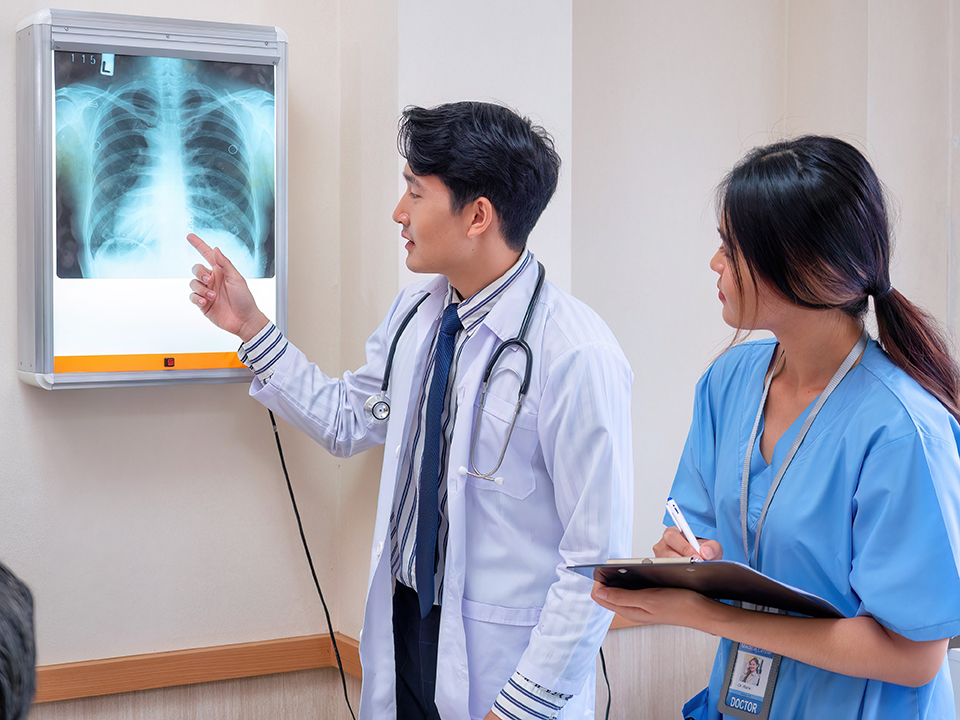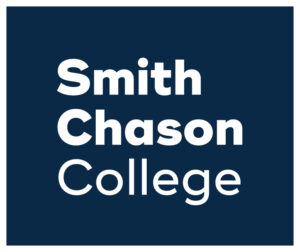Radiologic Technology
Unlock Exciting Opportunities in Radiologic Technology in Arizona
Smith Chason College introduces a brand new addition to our array of imaging courses: Radiologic Technology, also known as radiography, stands at the forefront of healthcare, employing the use of various imaging techniques to diagnose and treat diseases and injuries. These images help doctors diagnose illnesses, injuries, and other medical conditions accurately.
At Smith Chason College Phoenix, we offer an associate degree program that combines online lectures and in-person labs, as well as externships that utilize industry-current imaging technologies.
Associate Degree:
Associate of Science in Radiologic Technology
- Can be completed in just 21 months
- Externship schedule: Day, Evening, Weekend (subject to site availability)
- Hands-On Learning in Offsite X-Ray Labs
- Hybrid Courses: Online Lecture + In-Person Labs and Clinicals
- Clinical Experience: Spread across 6 out of 7 Quarters
- Sit for the Certified Practical Technologists in Radiology (CPTR) upon completion of the first year.
- Sit for the ARRT (RT) exam upon completion of the program*
- No Prerequisites Required
Associate of Science in Radiologic Technology students will have the opportunity to gain hands-on experience in offsite radiology rooms for lab practice, utilizing a variety of industry-standard equipment under the supervision of registered and/or licensed radiologic technologists.
*A capstone review course in our Radiology program provides a comprehensive review to prepare students for taking the ARRT certification exam via simulation exams. Students are encouraged to sit for the ARRT exam within 90 days (about 3 months) of graduation for optimal results.
*Graduates will be eligible for Certified Practical Technologists in Radiology (CPTR) upon completion of the first year.

Who Are Radiologic Technologists?
Radiologic technologists, or radiographers, skillfully operate various tools and equipment to generate detailed images of the body’s interior. This crucial role enables healthcare professionals to visualize and analyze the intricate structures and functions of organs, tissues, and bones. The accurate diagnoses facilitated by these images are instrumental in addressing illnesses, injuries, and various medical conditions effectively, underscoring the indispensable role of radiographers within the healthcare team and industry.
Frequently Asked Questions About Smith Chason College
Your Smith Chason College education can be divided in three sections:
Lecture – Online through asynchronous courses + Through live zoom lectures
Lab – In-person on campus
Externship – 6 months In-person at a designated site
Communication is critical to your development and success
Time flies when you’re having fun and learning! Your first few courses are the building blocks to your educational journey if you are struggling to comprehend a subject or balancing your schoolwork and life, cracks in those building blocks will develop. It is important to keep an open dialogue with your instructors, student services team, and program director and reach out if you are struggling. They are there to help assess and cultivate a plan that can help you succeed.
Like learning a new language
You’ll be learning new terms that will become part of your day-to-day conversations and evaluation of patients.
You’ll build on this language from the very beginning, all throughout your education and well into your career.
Patients from all walks of life will need your help, compassion and professionalism
In the medical field you will have the opportunity to help people from all parts of your community including those who may be low-income, struggling with homelessness, enduring extreme pain or mental illness. Often people who require medical help are not at their best and will need compassion and care from their physicians, technologists, nurses, and therapists. Your attitude can affect their medical journey.
Hands-on work
You will need to be hands-on with your patients, requiring you to be comfortable touching other people.
You will also need to hold and manage equipment with your hands, oftentimes while multitasking and utilizing hand-eye coordination to complete your job.
Vaccinations may be required by your externship site or future employer
As part of the healthcare industry, you are exposed to viruses and diseases that the common population does not come across every day. Your future employer and externship site may require vaccinations to work at their facility.
This includes vaccinations against the Flu, Annual TB, Hepatitis, COVID-19, etc. as required by your Externship site or Employer.
Externship is a critical time that will help you develop real experiences in your chosen field
During your externship, you will spend 6 months working alongside other healthcare professionals who will teach you the ins and outs of your chosen field. This will require potentially long and late hours, hand-on work with patients, and travel to your designated externship site.
This is the moment you can take the skills and knowledge you built in lecture and in lab and apply it to the field! You will have mentors with years of experience guiding you, but there will be moments where you will need to follow instructions and work on your own.
You will need to maintain a professional manner – you’re with real patients now! And they’re counting on you.
What is a transfer credit?
All transfer credits will be evaluated by the Smith Chason College Registrar office. Eligible transfer credits must be from a previous college level course, this does not include AP level high school courses.
Accreditation
& Licensure

Graduates Are
Registry Eligible



